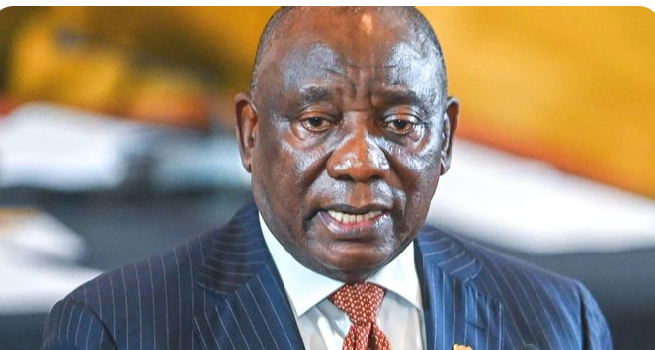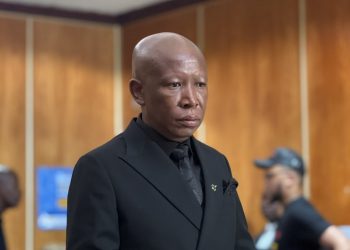President Cyril Ramaphosa has called for eThekwini’s political leadership to adopt a Government of National Unity (GNU) model to stabilize governance and stimulate economic growth. His appeal has been backed by prominent business leaders in KwaZulu-Natal, who see cooperative governance as key to addressing the city’s pressing issues.
eThekwini, South Africa’s third-largest metropolitan area and a vital economic hub, has been grappling with political instability, deteriorating infrastructure, and sluggish economic development. Persistent infighting among political leaders has stymied efforts to address these challenges effectively, prompting calls for a united leadership approach.
During a recent meeting with Durban stakeholders, President Ramaphosa stressed the urgency of cohesive governance to attract investment and implement long-term solutions. “The citizens of eThekwini deserve more than political wrangling. A Government of National Unity offers an opportunity for leaders to collaborate and deliver on the city’s potential,” Ramaphosa said.
Business leaders have echoed the president’s sentiments. Themba Khumalo, a prominent business executive in the province, highlighted how political instability and infrastructure decay have hampered economic activity. “Our economy will remain stagnant as long as political gridlock delays critical reforms and projects. A coordinated approach is essential to restoring investor confidence and accelerating economic recovery,” Khumalo noted.
While the GNU model has garnered support, it also faces criticism. Detractors argue that merging governance structures may dilute political accountability and slow decision-making, hindering urgently needed reforms. Despite these concerns, proponents insist that the collaborative benefits of a GNU outweigh potential drawbacks, particularly in fostering stability and growth.
Ramaphosa’s push for cooperative governance comes amid growing dissatisfaction with municipal service delivery across South Africa, especially in urban centers like eThekwini. His call has also sparked discussions about extending GNU-style models to other municipalities struggling with similar challenges.
As South African cities face mounting socioeconomic pressures, the GNU could serve as a blueprint for collaborative leadership, offering a pathway to address governance and development challenges more effectively. Whether eThekwini’s leaders can embrace this model remains to be seen, but the stakes for the city’s future are higher than ever.






















